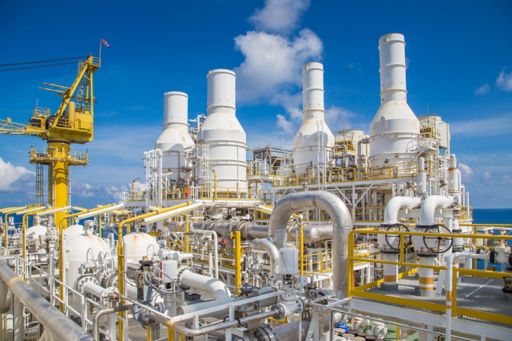This newsletter highlights some of the recent developments in the Nigerian power sector :
Increased Investments in Nigeria Renewable Power and Mini-Grid Sectors
The renewable power industry has seen some new investments since the beginning of 2021. One notable project is the Ashama 200 megawatts/ HR solar photovoltaic (PV) farm – the largest solar PV farm project in West Africa1. The project, which is a public-private partnership arrangement will be led by a consortium of a Nigerian investment company, Sunnyfred Global, and a Singaporean renewable energy company, B&S Power Holding PTE. It has an expected fifteen months completion timeline and will occupy 304 hectares of land in Ashama village, Delta State. The Ashama project is expected to provide electricity access to about 36% of the rural population in the State, whilst reducing the impact of carbon emissions in the immediate environment.
Other noteworthy investments include the newly commissioned 100-kilowatt Adebayo2and Havenhill3 Solar Hybrid Mini Grid in Adebayo, Edo State and Budo, Oyo State, respectively, under the Nigeria Electrification Project (NEP). The solar power plants and battery storage systems were built under the first tender of Nigeria’s Rural Electrification Fund (REF) sponsored by the World Bank and African Development Bank. According to the Rural Electrification Agency (REA), the Solar Hybrid Mini Grid will provide electricity to about 500 households and 50 businesses through a 4.92km distribution network in several communities in the area. The projects are expected to catalyse economic activities, serve health facilities and have a multiplier and transformative effect on the host communities.
According to the Central Bank of Nigeria, Nigerians spend about US$14billion on generator and fuel annually. These Solar projects are expected to be key in diversifying the nation’s electricity mix, and critically reduce its electricity poverty and carbon emission footprints. The REA estimates that the new projects will reduce more than 200 million metric tonnes of Nigeria’s carbon emission which aligns with the NEP 30:30:30 vision; which targets to deliver 30 gigawatts of electricity with 30% renewable energy by 2030.
Click here to read more on this publication.

